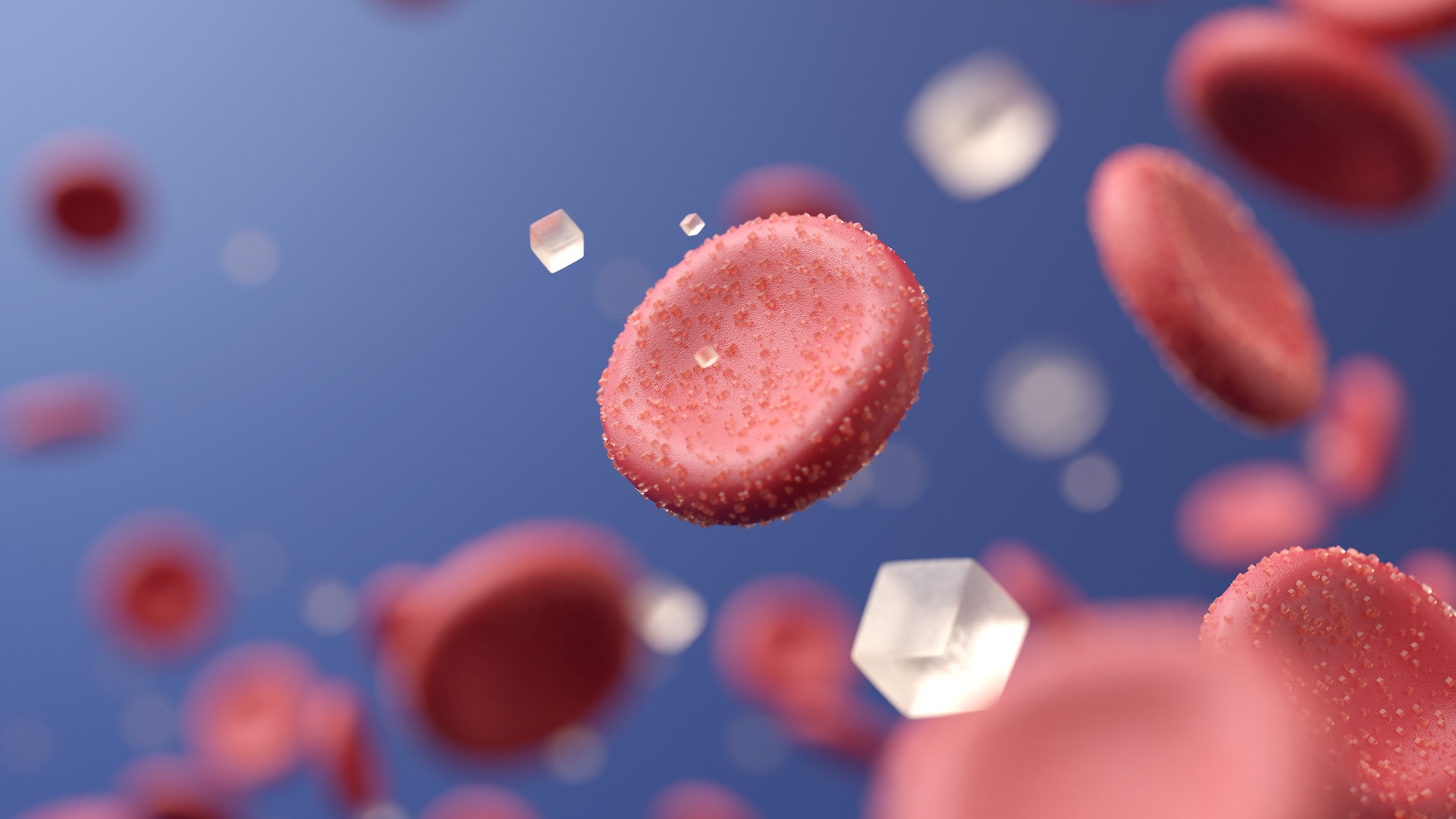11 Surprising Facts About the Endocrine System
Get the world’s most fascinating discoveries delivered straight to your inbox.
You are now subscribed
Your newsletter sign-up was successful
Want to add more newsletters?

Delivered Daily
Daily Newsletter
Sign up for the latest discoveries, groundbreaking research and fascinating breakthroughs that impact you and the wider world direct to your inbox.

Once a week
Life's Little Mysteries
Feed your curiosity with an exclusive mystery every week, solved with science and delivered direct to your inbox before it's seen anywhere else.

Once a week
How It Works
Sign up to our free science & technology newsletter for your weekly fix of fascinating articles, quick quizzes, amazing images, and more

Delivered daily
Space.com Newsletter
Breaking space news, the latest updates on rocket launches, skywatching events and more!

Once a month
Watch This Space
Sign up to our monthly entertainment newsletter to keep up with all our coverage of the latest sci-fi and space movies, tv shows, games and books.

Once a week
Night Sky This Week
Discover this week's must-see night sky events, moon phases, and stunning astrophotos. Sign up for our skywatching newsletter and explore the universe with us!
Join the club
Get full access to premium articles, exclusive features and a growing list of member rewards.
The endocrine system

The body's hormones, and the glands that produce them, make up the endocrine system. There are eight major glands, and their job is to regulate the body's metabolism, reproduction, growth and sleep.
Like the nervous system, the endocrine system is an information signal system. But rather than using neurons, it uses chemical messengers called hormones, each of which has its own unique function.
Here are 11 interesting facts that may surprise you about the endocrine system, its glands and its hormones.
Traditional Chinese healers practiced endocrinology more than 2,000 years ago.
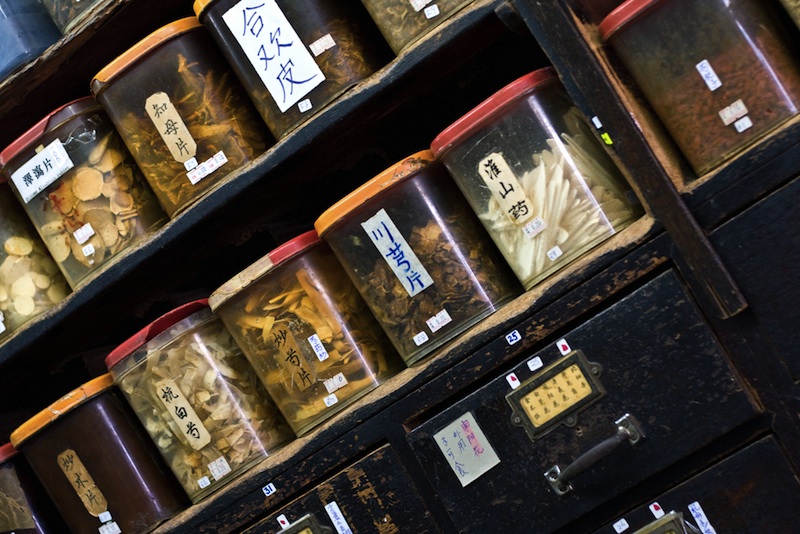
Endocrinology is the branch of biology and medicine that focuses on the endocrine system, and although the terms "endocrine" and "endocrinology" didn't come into common usage until the 1800s, the study of endocrinology can be traced back to China over 2,000 years ago, according to American author Robert K. G. Temple in his book, "The Genius of China: 3,000 Years of Science, Discovery, and Invention" (Prion, 1998).
As far back as 200 B.C., Chinese healers extracted sex and pituitary hormones from human urine using the sulfate mineral gypsum and the chemical compound saponin (derived from the seeds of a flowering plant). They used these extracts for medicinal purposes.
The endocrine system is sometimes at fault for osteoporosis.
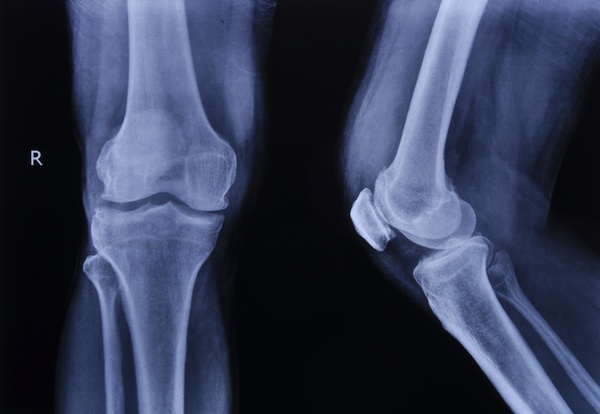
Osteoporosis is a common disease in aging people, and makes bones less dense and more prone to fractures. Nearly one in 10 older adults in the U.S. has the disorder, according to the Centers for Disease Control and Prevention.
Though osteoporosis is often thought of as strictly a bone disorder, it often falls under the treatment of endocrinologists because of its underlying causes. In particular, postmenopausal women sometimes develop the disease because of their low levels of the hormone estrogen, which helps to maintain bone mass. In such cases, osteoporosis may be treated with hormone replacement therapy.
Get the world’s most fascinating discoveries delivered straight to your inbox.
The condition can also arise as a result of other endocrine disorders, such as hyperthyroidism (overactive thyroid). People with such conditions are considered to have "secondary osteoporosis."
The term "hormone" is only about a century old.
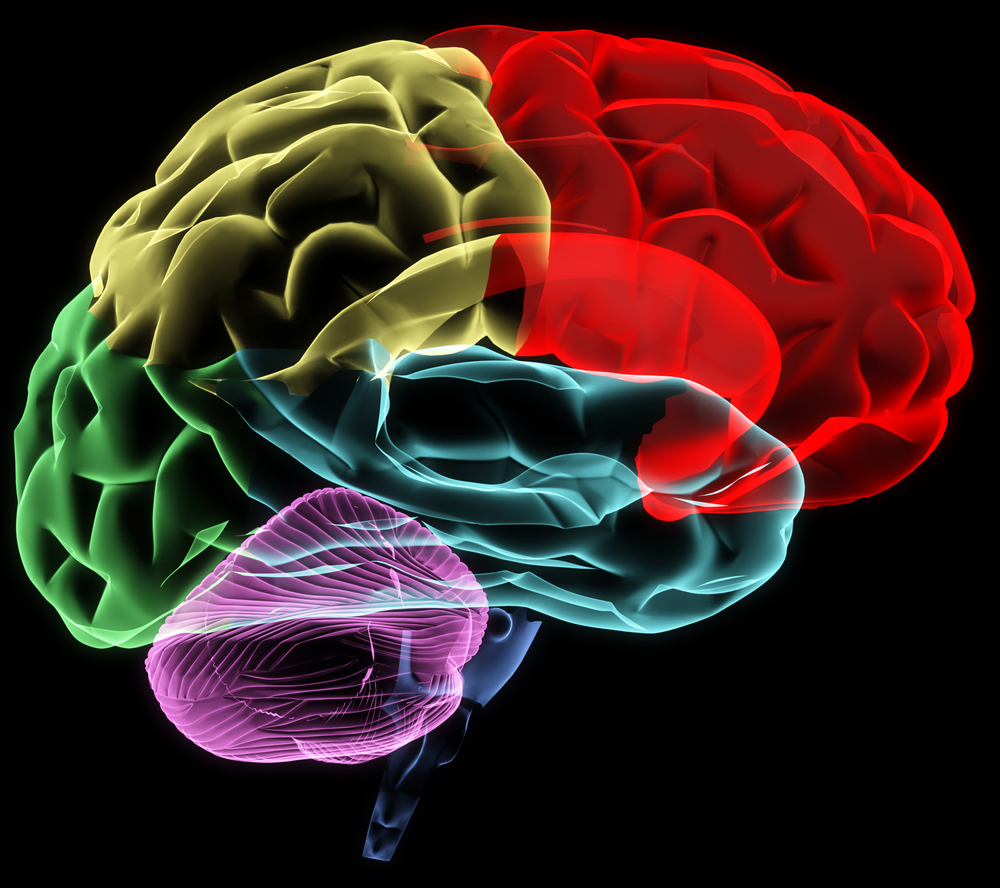
In the 1800s, scientists began to think that some sort of chemical communication must take place between different organs in the body, and they later recognized that certain disorders could be treated with extracts from endocrine tissues. But the term "hormone" wasn't coined until the early 1900s.
In 1902, English physiologists William Bayliss and Ernest Starling concluded that chemicals — which they later named hormones — controlled the secretions of the pancreas. This idea ran contrary to the prevailing view that neural reflexes triggered the secretions. (Scientists later discovered that both hormonal and neural processes played a role in pancreatic secretions).
The new term sparked intense research on the endocrine system in the first half of the 20th century, and scientists fervently worked to identify and understand the various hormones in the body.
Not all hormones come from the endocrine system.
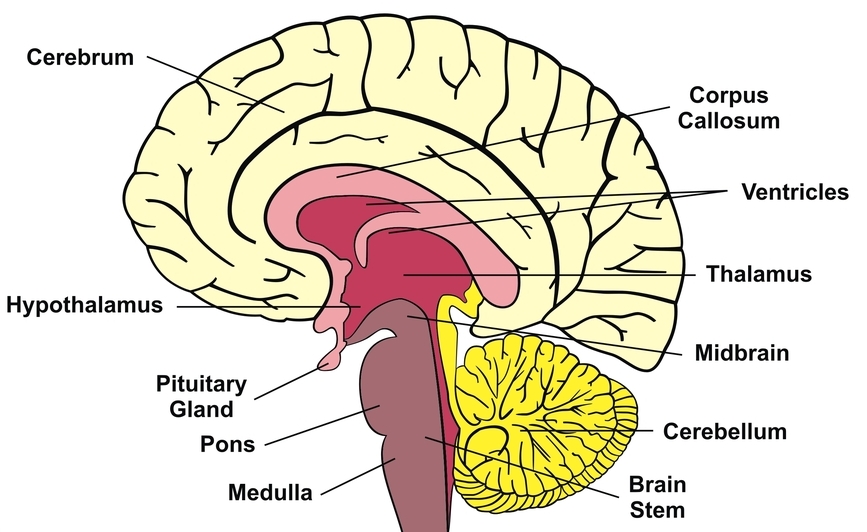
The eight hormone-secreting glands of the endocrine system are the adrenal gland, hypothalamus, pancreas, parathyroid gland, pineal gland, pituitary gland, reproductive glands (ovaries and testes) and thyroid gland. But some other organs and tissues that are not generally considered part of the endocrine system also produce and secrete hormones.
For instance, the placenta of a pregnant woman secretes a few hormones, including estrogen and progesterone. And the stomach releases the hunger-inducing hormone ghrelin and the hormone gastrin, which stimulates the secretion of gastric acid.
Diabetes was once diagnosed by tasting urine.

Diabetes — a disease in which the pancreas stops producing insulin, the hormone that regulates blood sugar levels — is the most common endocrine disorder in the U.S., affecting about 8 percent of the population, according to the National Institute of Diabetes and Digestive and Kidney Diseases. Today, physicians use blood tests to diagnose the disease, but a different method was once common. [The Fascinating History of Urine Tests]
The ancient Greek physician Hippocrates (c. 460-377 B.C.), the "Father of Medicine," was the first physician known to diagnose diabetes mellitus, according to a 2000 article in the Journal of General Internal Medicine. His technique: tasting his patients' urine for a distinct sweetness.
The pancreas bridges two worlds.
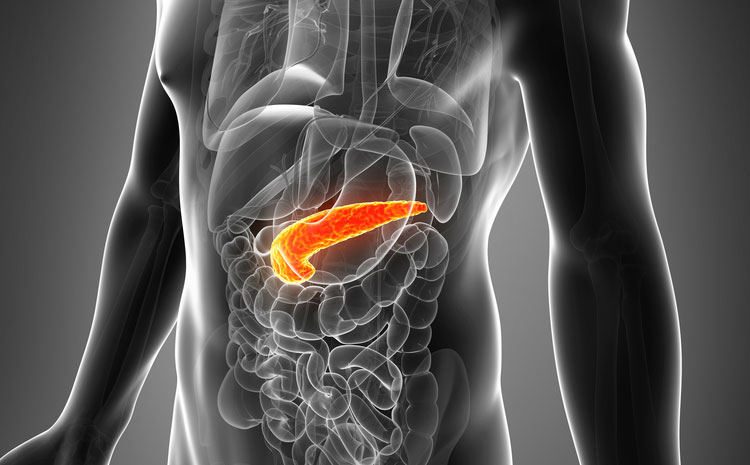
There are two types of glands in the body: exocrine and endocrine. Exocrine glands — which include the salivary glands, sweat glands and mammary glands — excrete their products through ducts. Endocrine glands, by contrast, release their products (hormones) without ducts, directly into the bloodstream.
The pancreas has both endocrine and exocrine functions. On one hand, it releases a number of hormones, including insulin and glucagon, into the bloodstream. But it also secretes a pancreatic juice that contains important digestive enzymes via ducts into the small intestine.
Alcohol has widespread effects on the endocrine system.

It's well known that alcohol can affect your health in a number of ways, such as decreasing your risk of heart disease and stroke (if consumed in low doses) and damaging your liver. But scientists have known for decades that alcohol also has widespread effects on the endocrine system.
For example, alcohol can impair the regulation of blood-sugar levels by interfering with certain hormones, reduce testosterone levels in men by damaging the testes and increase the risk of osteoporosis by messing with a calcium-regulating hormone called parathyroid hormone, according to the National Institute on Alcohol Abuse and Alcoholism.
Dogs were once an important part of endocrine research.

In the late 19th century and early 20th century, many endocrine-system studies were conducted on dogs, rather than on more typical lab animals, such as mice and guinea pigs.
In 1889, German physiologist Oskar Minkowski and German physician Josef von Mering induced diabetes in dogs by removing their pancreases. Five years later, English physiologist Sir Edward Albert Sharpey-Schafer and English physician George Oliver took extracts from the adrenal glands of dogs and injected them into other dogs, which resulted in hypertension and rapid heartbeat (because of the adrenaline present in the injected substances).
Dogs were even the test subjects in the 1902 landmark study that led to the coining of the term "hormone."
An early endocrinologist attempted hormone replacement therapy on himself.
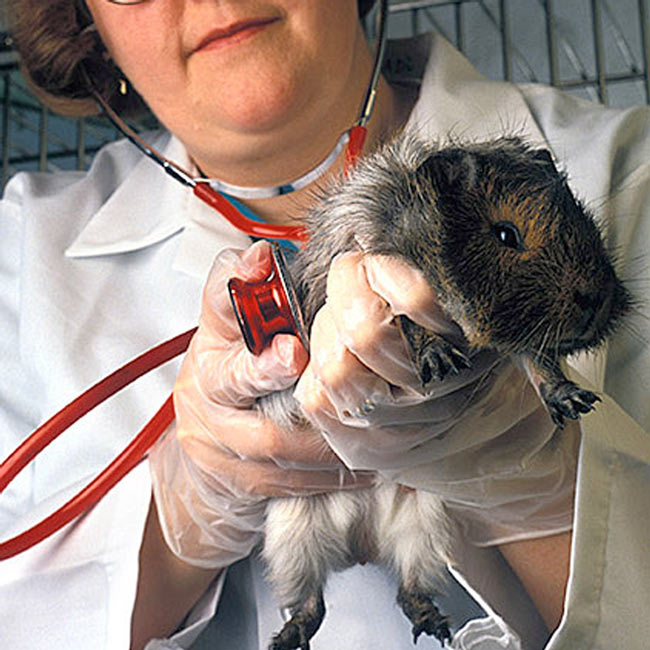
In 1849, German physiologist and zoologist Arnold Adolph Berthold noticed that roosters' combs regressed and that they lost their inclination to crow, fight and mate if he castrated them. However, reimplanting their testes reversed these effects.
Berthold concluded that the testes excreted a substance that affected the blood; the blood, in turn, acted upon the rest of the body.
Fifty years later, endocrinologist Charles-Édouard Brown-Séquard took this idea to the next level. He injected himself with extracts from dog and guinea-pig testes in a pioneering attempt at a kind of hormone replacement therapy. In the journal The Lancet, the 72-year-old scientist reported that the treatment rejuvenated him, restoring his strength, digestive functions and "intellectual labor."
However, the effects were fleeting, and most experts now view Brown-Séquard's rejuvenation as the result of the placebo effect.
Stress kicks the endocrine system into high gear.

In response to stress, the endocrine system quickly secretes various hormones at higher-than-normal levels in order to help the body mobilize more energy and adapt to new circumstances.
For example, the pituitary-adrenal axis starts releasing adrenaline to increase the volume of blood pumped out by the heart and the blood flowing to the skeletal muscles. And during acute physical stress, the pituitary gland may also ramp up the secretion of the growth hormone, which enhances metabolic activity.
But prolonged or frequent stressful events can lead to a number of endocrine disorders, including Graves' disease, gonadal dysfunction and obesity, according to a 2011 article in the Indian Journal of Endocrinology and Metabolism.

 Live Science Plus
Live Science Plus










